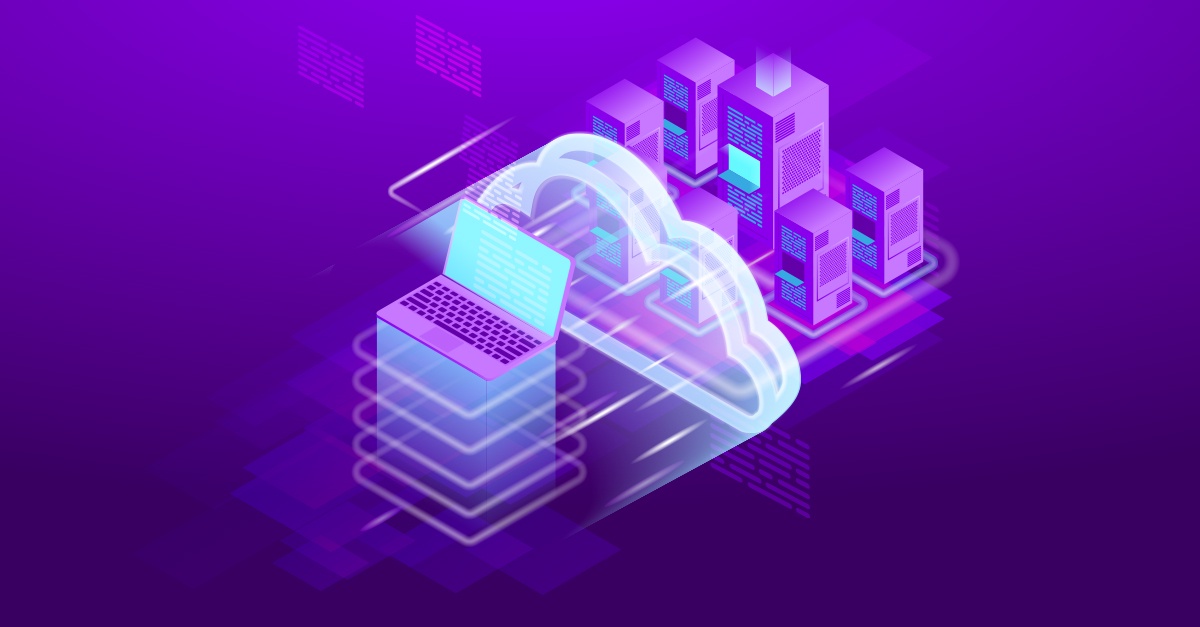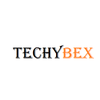Traditional Computing or Traditional IT uses physical data centers for storing digital assets. One can run a complete networking system for their daily tasks using a traditional IT approach. Traditional IT limits access to data, software, or storage to a device or a connected official network, and users can only access data on the system on which data is stored.
Whereas in Cloud Computing, can be treated as a collective combination of configurable system resources as well as advanced service delivered quickly using the Internet as it provides the following:
- Lower Power Expenses
- No Capital Costs
- No Redundancy
- Lower Employee Costs
- Increased Collaboration, making us efficient, secure, and flexible
Pros and Cons of Traditional Computing
Pros of Traditional IT:
There can be numerous benefits to applying traditional IT technologies for your Business processes, such as the following:
- Traditional Computing imparts full control to an organization over its hardware and software, making room for further customization and optimization in the computing environment
- Traditional IT offers high-level data security for preserving sensitive data stored on-premises. It protects data with firewalls, encryption, and other measures
- Traditional Computing works independently from internet connectivity, which makes it less vulnerable to any sort of service disruptions/data loss
- The computing environments of Traditional IT can be tailored to meet the specific needs of a Business to ensure their compatibility with existing software and hardware
- Traditional Computing imparts ownership and control to all the data of an organization, which in turn reduces concerns regarding data privacy as well as regulatory compliance
Cons of Traditional IT:
With pros, there come cons too. As an older technology, Traditional IT has numerous drawbacks in their implementation for Businesses in comparison to better and later technologies of the day:
- The setup of Traditional Computing is more expensive than other computing techniques. Traditional IT requires significant capital expenditures for the purchase and maintenance of hardware & software along with support expenses
- It is difficult to scale Traditional Computing scale up and down to meet the changing needs because such incorporations will require additional hardware or software for the environment.
- Traditional computing is inconsequential as it cannot give remote access to applications and data. This can limit the ability of users to work from anywhere.
Why Cloud Computing is more beneficial than traditional one?
We can say for sure that as a ubiquitous technology, Cloud Computing can offer some of the defining advantages over Traditional Computing to Businesses:
- CC allows organizations to fluctuate their computing resources as per their needs and change, without purchasing and managing additional resources
- CC is more cost-effective than maintaining on-premises Traditional IT infrastructure, as it eliminates all the costly needs, such as new hardware, software, as well as maintenance expenses
- CC enables remote access to data and applications to further allow users to work from anywhere around the globe with internet
- CC service providers facilitate high levels of redundancy to ensure that data and applications are available in case of hardware failure
- CC offers a range of deployment options, such as public clouds, private clouds, and hybrid clouds. Each such cloud can be tailored to meet the needs of your organization.
Can Cloud Computing also go wrong?
Sadly enough, yes. There are a few challenges that are posed in front of Businesses employing Cloud Computing as their computing strategy and infrastructure, but they are minimal in comparison to other computing techniques. For reference, we have shared some of the prominent drawbacks in the implementation of Cloud Computing in your Business:
- Security: Sharing sensitive data with a third-party provider
- Power Losses: Computing infrastructure is vulnerable to service disruptions or data loss in the event of power outages
- Internet Dependency: A fast internet connection is needed to access data, which is a challenge in remote areas.
- Technical Issues, such as compatibility problems or software bugs
- Lack of Control: Organizations have limited control over the infrastructure and services they use in CC


No comments yet